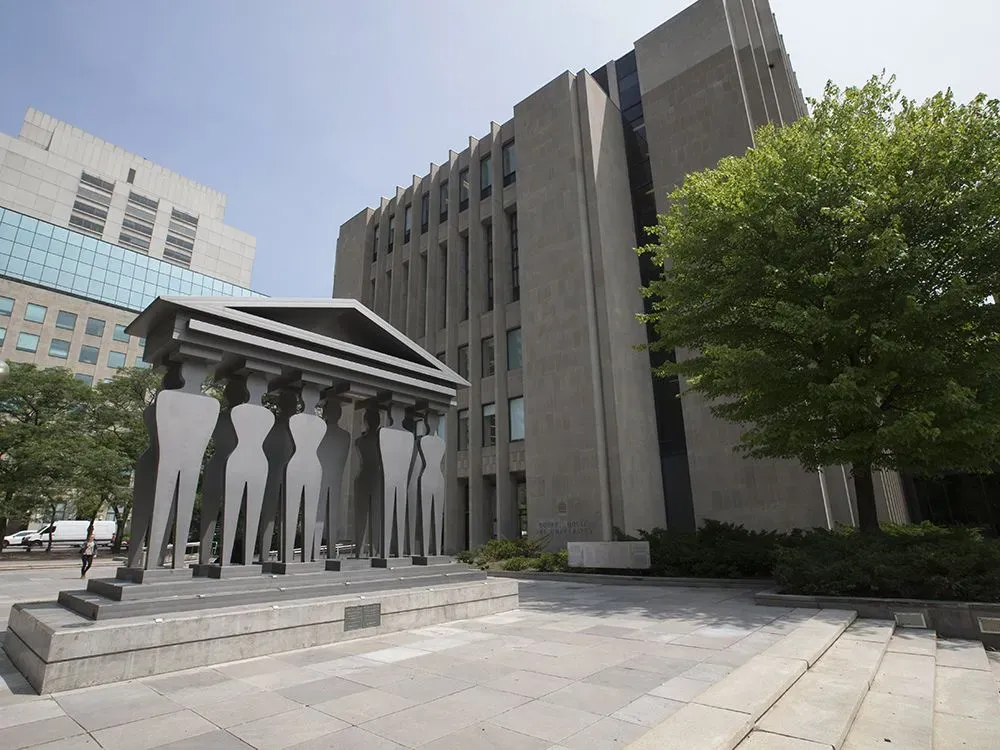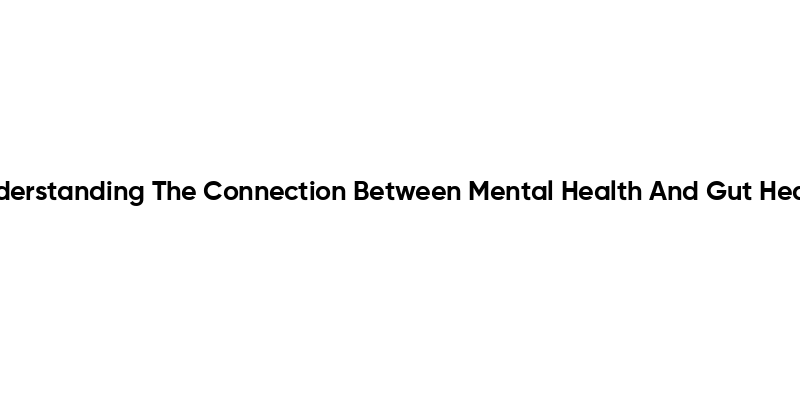AI in court documents is swiftly becoming a focal point of legal discussions, especially as technology impacts the drafting of legal materials. Recent events in a Toronto courtroom have drawn attention to the ethical implications of leveraging AI like ChatGPT in legal practices. A judge raised concerns over a lawyer’s use of artificial intelligence, suspecting that bogus case citations within her submissions reflected a serious lapse in professional responsibility. This incident highlights the fine line between innovation and potential misuse within the legal framework, particularly regarding AI legal documents. As the legal field navigates these challenges, discussions around lawyer AI ethics and accountability will play a crucial role in shaping the future of legal representation.
The integration of technology in legal practices has raised intriguing questions, particularly surrounding automated tools for drafting documents. The recent controversy involving a lawyer’s reliance on AI-generated submissions underscores the tension between technological advancement and adherence to legal standards. With courtroom dynamics shifting, the implications of AI in the judicial process must be scrutinized not only for efficiency but also for the authenticity and reliability of case law presented by lawyers. This highlights the urgent need for a dialogue on how legal professionals can ethically incorporate automation, navigating the complexities of contempt of court implications and ensuring that the tools they use enhance rather than undermine the integrity of the legal system.
The Rise of AI in Legal Practice
The integration of artificial intelligence (AI) into legal practice is rapidly transforming the landscape of the legal industry. Lawyers are increasingly utilizing AI tools to streamline research and drafting processes, enhancing efficiency and accuracy. However, this technology does raise significant ethical concerns, particularly regarding the misuse of AI-generated content in court documents. As observed in the recent Toronto case involving lawyer Jisuh Lee, reliance on AI without thorough verification of sources can lead to dire consequences, including accusations of contempt of court. Understanding the balance between technology and ethical legal practice is crucial for modern lawyers.
AI legal document systems promise to revolutionize how legal professionals operate; however, they also necessitate a higher standard of scrutiny and accountability. When lawyers utilize AI, it is imperative that they maintain their professional integrity by ensuring all references and case laws cited in their submissions are legitimate and accurately portrayed. The case against Jisuh Lee exemplifies the pitfalls that can arise from neglecting this responsibility—illustrating the dangers of submitting fictitious cases or unverified AI outputs in a judicial setting.
Legal AI Misuse and Ethical Implications
The misuse of AI in legal contexts can lead to serious ethical implications, warranting a closer examination of existing guidelines governing lawyer conduct. In situations where AI tools are employed to draft court documents, attorneys must ensure diligent oversight to prevent misrepresentation of facts. This was highlighted when Judge Fred Myers questioned the authenticity of the cases cited by Jisuh Lee, emphasizing the necessity of verifying AI-generated information. The legal profession must confront potential scenarios where reliance on artificial intelligence could undermine ethical standards and damage reputations.
Lawyers are bound by their duty to the court and their clients to provide accurate and truthful representations. Failing to do so when using AI can lead to significant sanctions, including allegations of contempt, as seen in Lee’s situation. Consequently, legal professionals must prioritize ethical AI usage, enabling them to responsibly incorporate technological advances while safeguarding the integrity of the judicial process. The legal community must unite to establish clear policies regarding AI usage, ensuring that lawyers are both knowledgeable about AI’s capabilities and the inherent risks of its misuse.
AI in Court Documents: Responsibilities and Diligence
In the modern court system, the application of AI in drafting court documents presents both opportunities and challenges. Lawyers must navigate a fine line between leveraging AI technology for efficiency and upholding the integrity of their legal responsibilities. Jisuh Lee’s case serves as a cautionary tale; it demonstrates how the failure to adequately verify AI-provided references can lead to severe consequences, including contempt of court charges. Legal practitioners must adopt a proactive approach toward ensuring that all AI-generated materials are thoroughly vetted and corroborated with authentic legal precedents.
Moreover, the ethical obligations of lawyers necessitate a comprehensive understanding of how AI impacts their practice. As AI-generated outputs become more prevalent in legal documentation, attorneys must remain vigilant, verifying any case law provided by AI tools before submitting them to the court. The judge’s insights underscore the need for accountability; lawyers must recognize that their professional duties extend beyond merely utilizing technology—they must also ensure that it upholds the highest standards of legal ethics and truthfulness.
Understanding Contempt of Court in the Age of AI
Contempt of court refers to actions that disrespect the authority or dignity of a court. In light of recent developments, particularly the case involving lawyer Jisuh Lee, it is critical to understand how the misuse of AI can lead to accusations of contempt. The court’s expectation for lawyers to present factual and accurate legal precedents is non-negotiable; neglecting these duties can result in severe repercussions, including being held in contempt. In Lee’s instance, her failure to substantiate fictitious cases raised concerns about her adherence to legal standards.
As advancements in AI continue to influence legal practices, understanding the implications of contempt becomes increasingly crucial for lawyers. It is essential to develop guidelines surrounding the use of AI in court proceedings to protect the integrity of the legal system. Practitioners must engage in ongoing education about ethical standards and the appropriate use of technology to avoid jeopardizing their careers due to potential missteps involving AI-generated material.
The Importance of Verification in Legal Documentation
Verification is an indispensable process in legal documentation, especially when integrating AI tools into practice. Lawyers must approach any AI-generated content with a critical eye, ensuring that all references and citations are accurate and relevant. The controversy surrounding Jisuh Lee’s court submissions exemplifies the importance of thorough verification processes, as she presented cases that ultimately did not exist or supported contradictory outcomes. By prioritizing comprehensive checks, legal professionals safeguard their reputations and the integrity of the court.
Furthermore, the emphasis on verification extends beyond mere compliance; it reinforces the lawyer’s responsibility to advocate for their clients with integrity. Submitting unverifiable claims not only undermines a lawyer’s credibility but can also lead to intense scrutiny by the court, as seen in Lee’s predicament. Maintaining accuracy in legal documents is paramount, especially in an era where AI is gaining traction as a research aid. Therefore, legal professionals must cultivate a habit of rigorous verification, ensuring that every piece of information presented to the court can withstand scrutiny.
Navigating the Ethical Landscape of AI in Law
As AI technology advances, the ethical landscape within the legal profession evolves alongside it. Lawyers are tasked with navigating this intricate terrain, balancing the benefits of AI tools with the safeguards necessary to uphold justice and maintain ethical standards. In Jisuh Lee’s case, questions arose about the extent to which reliance on AI compromised her ethical obligations to the court and her client, highlighting a pressing need for clear ethical guidelines regarding AI use in legal practice.
Understanding lawyer AI ethics becomes vital as AI continues to permeate the legal field. It is imperative for legal practitioners to remain abreast of developments in AI technology and the associated ethical ramifications. By fostering a culture of awareness and accountability, the legal community can ensure that technology is employed responsibly while preserving the fundamental values of the judicial system. Establishing clear ethical frameworks surrounding AI usage will empower lawyers to navigate the complexities of modern legal practice while maintaining the highest standards of professionalism.
The Role of Lawyers in Ensuring Technology Compliance
Lawyers play a crucial role in ensuring technology compliance within the realm of legal practice. This includes their responsibility to ensure that any tools, especially AI applications, employed in drafting legal documents adhere to established legal standards and ethical norms. The case of Jisuh Lee serves as a poignant reminder of the consequences that can arise from negligence in this area. Lawyers must be vigilant in their verification processes before submitting AI-generated materials to the court.
With the rapid evolution of AI, legal professionals must develop a keen understanding of the capabilities and limitations of these tools. By doing so, they can ensure compliance with technological standards while safeguarding their professional integrity. Emphasizing technology compliance fosters trust in the legal system and reinforces the lawyer’s duty to present accurate and reliable information in court proceedings. Through continuous education and adherence to best practices, lawyers can effectively integrate AI while upholding their ethical duties.
Implications of AI Hallucinations in Legal Submissions
AI hallucinations—instances where AI generates false or misleading information—pose significant risks to legal submissions. The occurrence of hallucinations was central to the controversy regarding Jisuh Lee’s court documents, where fictitious case references undermined the validity of her legal arguments. This phenomenon underscores the necessity for lawyers to critically evaluate and authenticate all information, regardless of its source, particularly when AI tools are involved.
Understanding the implications of AI hallucinations is essential for legal practitioners looking to uphold their professional responsibilities. Lawyers must be equipped with the skills to discern truth from misinformation, ensuring that the materials they submit to courts are beyond reproach. As AI tools become more sophisticated, the potential for such errors may increase, making it paramount for legal professionals to approach AI-generated content with caution and diligence. Ultimately, comprehensive training on AI ethics and standards is essential to mitigate the risks associated with AI hallucinations in legal practice.
Preparing for Show Cause Hearings: A Crucial Step for Lawyers
Show cause hearings represent a critical juncture for lawyers facing allegations of contempt of court. Such proceedings compel attorneys to justify their actions in front of a judge, emphasizing the importance of proper documentation and accountability in legal practice. Jisuh Lee’s upcoming hearing exemplifies this process and highlights the need for lawyers to be adequately prepared to defend their actions, particularly when the use of AI is in question.
Preparation for show cause hearings not only involves gathering supporting evidence but also evaluating the legal and ethical implications of any actions taken. Lawyers must be prepared to articulate their rationale clearly, illustrating their commitment to ethical standards and compliance with court protocols. By proactively addressing any challenges posed by the integration of AI in their work, lawyers can mitigate risks while maintaining their professional integrity, demonstrating to the court that they are committed to upholding the standards that govern their practice.
Frequently Asked Questions
What are the implications of using AI in court documents like those in the Toronto case involving Jisuh Lee?
The implications of using AI in court documents can be significant, as demonstrated in the recent Toronto case. Lawyers must ensure that any AI-generated content is accurate and does not contain fictitious case references or misinterpretations. Misuse of AI in legal documents can lead to contempt charges, as it raises concerns regarding the lawyer’s ethical responsibilities, such as faithfully representing facts and verifying the authenticity of the information presented.
How can lawyers ensure compliance with AI legal document ethics based on the Jisuh Lee incident?
Lawyers can ensure compliance with AI legal document ethics by thoroughly reviewing any AI-generated content they may use. This involves validating all case citations and ensuring that they accurately support legal arguments. As seen in the Jisuh Lee case, failing to verify AI-generated information can result in serious repercussions, including being found in contempt of court. Lawyers should also maintain a meticulous review process for all documents submitted to ensure accuracy and credibility.
What are the potential consequences of AI misuse in legal practices like in the Jisuh Lee case?
The potential consequences of AI misuse in legal practices include professional sanctions, loss of credibility, and even contempt of court charges. In the Jisuh Lee case, the lawyer faced a show cause hearing for allegedly submitting a factum that contained fictitious cases generated possibly by AI. Such actions not only harm the lawyer’s reputation but also undermine the trust in the legal system, as it suggests a failure to uphold professional standards.
Why is it critical for lawyers to verify AI-generated content in court cases?
It is critical for lawyers to verify AI-generated content in court cases to uphold their duty of accuracy and integrity in legal advocacy. By ensuring that all case law and precedents cited are legitimate and support the legal arguments presented, lawyers protect themselves from accusations of misrepresentation. The Jisuh Lee case highlights how neglecting this responsibility can lead to severe legal consequences, reinforcing the need for diligent verification in all aspects of legal practice involving AI.
What key responsibilities should lawyers uphold when using AI in legal document preparation?
Lawyers must uphold several key responsibilities when using AI in legal document preparation, including ensuring the accuracy of legal citations, thoroughly reviewing AI-generated content for correctness, and maintaining ethical standards of practice. As exemplified by the Toronto case involving Jisuh Lee, failure to meet these responsibilities can lead to significant legal repercussions, including potential contempt charges. Lawyers should integrate AI tools responsibly while ensuring it complies with legal standards.
| Key Point | Details |
|---|---|
| Court Case Background | Lawyer Jisuh Lee allegedly presented fictitious legal cases in court. |
| Judge’s Inquiry | Judge Fred Myers questioned the authenticity of cases cited by Lee and suspected AI involvement. |
| Show Cause Hearing | Lee is required to present a justification in a hearing on whether she should be held in contempt. |
| Legal Responsibilities Violated | The judge emphasized the lawyer’s duty to verify case authorities before court submission. |
| Jisuh Lee’s Response | Lee refused to comment on the case or her potential use of AI in preparing documents. |
Summary
AI in court documents poses significant challenges, as highlighted in the recent case involving lawyer Jisuh Lee. The Toronto court is examining the implications of potentially AI-generated legal submissions that include fictitious cases. This incident underlines critical responsibilities lawyers have towards maintaining authenticity and accuracy in legal documentation. As the legal community navigates the integration of AI tools, it is crucial for practitioners to ensure compliance with ethical standards and uphold the integrity of the justice system.



